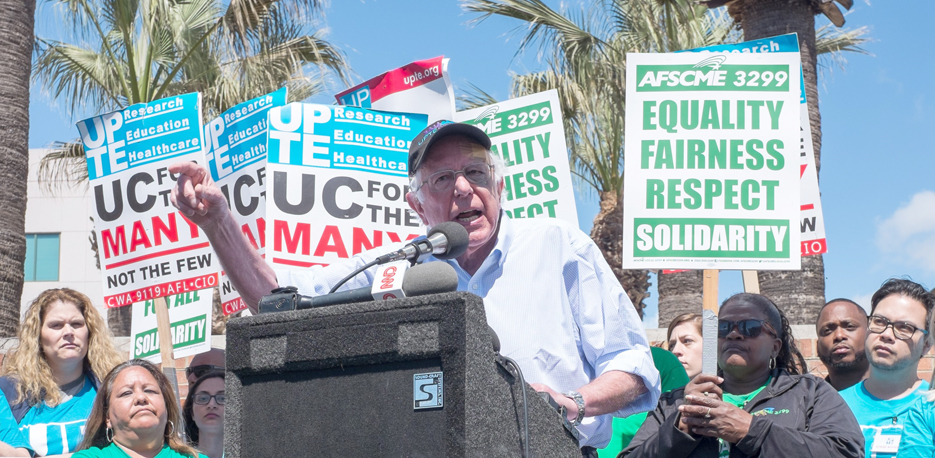
FIGURES released yesterday show that 3.3 million Americans have filed for unemployment, the worst jobless figures since the Great Depression of the 1930s after the 1929 Wall Street Crash.
New cases of coronavirus have rocketed in the US with 5,000 more Americans testing positive in New York alone, bringing the total to over 60,000 contracting the disease.
In New York City, which now accounts for roughly 5% of global Covid-19 cases, there has been a 1,000% increase in claims.
The State of New York now has 30,000 coronavirus patients – 10 times more than the next worst hit state, New Jersey. New York City has 17,000 cases, while Westchester County has 4,000 cases and Nassau County has 3,000 diagnoses.
According to the labour department, the number of new jobless claims filed by individuals seeking unemployment benefits rose by more than three million to 3.28m from 281,000 the previous week.
The figure is the highest ever reported, beating the previous record of 695,000 claims filed the week ending 2 October 1982.
Andrew Stettner, senior fellow at The Century Foundation think-tank, said yesterday: ‘This morning’s jobless claims confirm that the United States is in the thrall of a catastrophic unemployment crisis, the likes of which we haven’t seen since the Great Depression. This represents the single worst one-day piece of labour market news in America’s history.’
Meanwhile, the US Senate passed a $2 trillion (£1.7tn) coronavirus aid bill on Wednesday evening, the largest economic stimulus in US history.
The vote was delayed by a last-minute row between Republican and Democratic senators over unemployment benefits.
Four Republican senators, Lindsey Graham and Tim Scott of South Carolina, Ben Sasse of Nebraska and Rick Scott of Florida, threatened to oppose the chamber’s push to pass the rescue package through fast-track procedures.
They argued a proposal to add $600 per week to unemployment insurance for up to four months, a core provision of the near-final legislation, could encourage companies to lay off workers and Americans to stay unemployed, urging a vote to cap the aid.
Socialist senator for Vermont Bernie Sanders, who is also standing as the Democratic presidential candidate, said he would delay the bill if this Republican quartet did not drop their opposition, calling it an ‘outrage’ to prevent Americans from getting emergency unemployment insurance.
The plan includes direct payments of $1,200 to most American adults and aid to help small businesses pay workers.
The nearly 900-page bill has a price tag that amounts to roughly half the size of the US government’s annual budget, and includes:
- Direct payments of $1,200 to millions of individuals who earn $75,000 or less, and an additional $500 per child.
- An expansion of unemployment aid including payments, for the first time, to people who are self-employed or work in the gig economy.
- A $500bn fund to help companies, which includes loans to hard-hit sectors such as the airline industry.
- • $350bn in loans for small businesses.• $100bn for hospitals and related health systems on the frontlines of the pandemic.